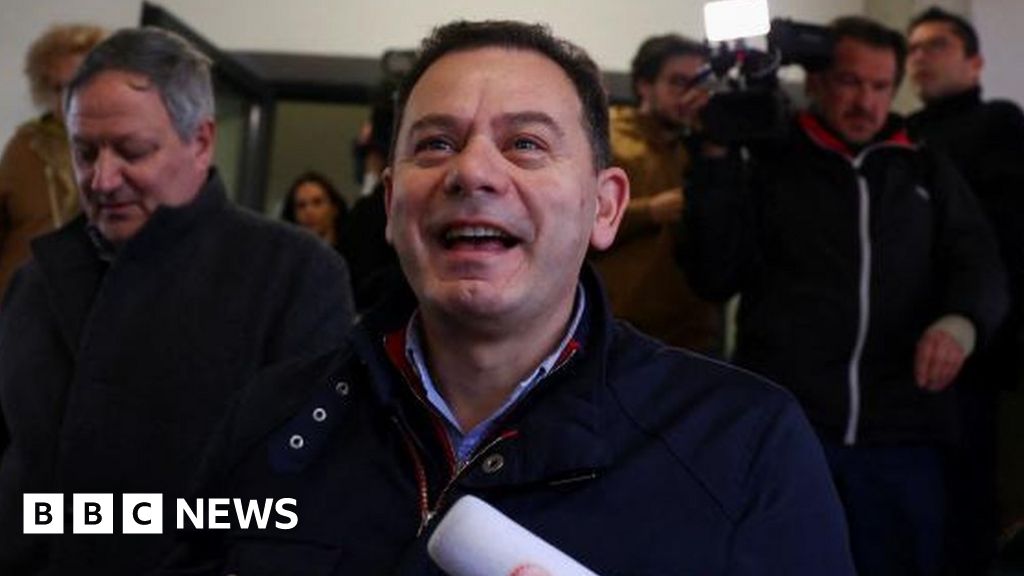Portugal’s snap election results on Sunday night revealed a tight race between the two main parties, the centre-right Democratic Alliance and the Socialists, with neither able to secure a majority government. The far-right Chega party emerged as a significant player, securing more than 40 seats and a million votes.
Former center-right leader Luís Montenegro had initially appeared to have a narrow victory, but as results poured in, it became clear that the outcome was too close to call. With both major parties far from a majority in the 230-seat parliament, the possibility of fresh elections next year was raised.
The rise of the far-right Chega party, led by ex-football pundit André Ventura, marked a significant shift in Portuguese politics. Ventura’s party focused on issues of corruption and immigration, making significant gains, especially in the south of the country. However, Chega’s success was met with criticism, with Montenegro condemning Ventura as xenophobic and racist.
With a potential minority government in the cards, there are concerns about the political fragility and instability that may arise from the election results. The Socialists, who have overseen economic growth in recent years, are facing dissatisfaction due to low salaries and rising rents.
The outcome of the election remains uncertain as final results hinge on a few overseas seats. As Portugal prepares for the challenges ahead, the political landscape may see significant changes with the rise of the far-right and the likelihood of coalition-building between the major parties.
Source
Photo credit www.bbc.com



